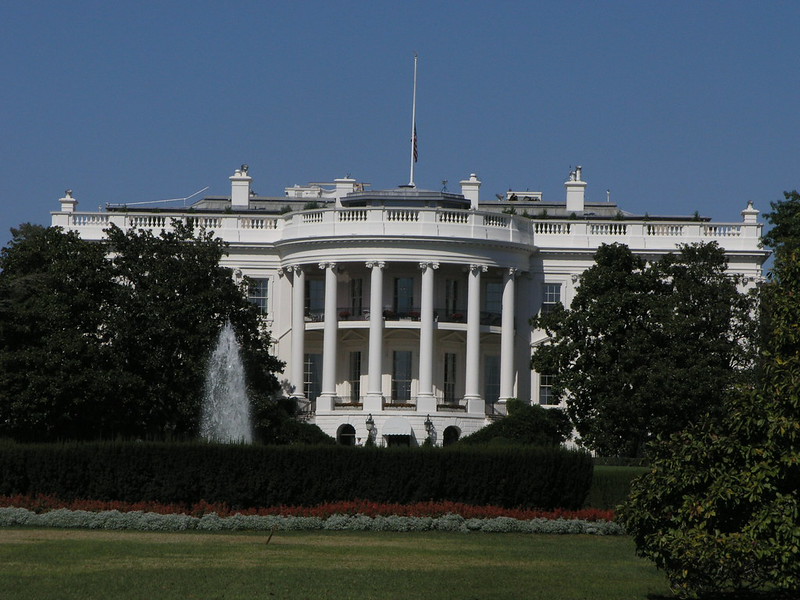Leslie Wehner, Professor of International Relations, University of Bath
The US elections certainly are of interest to many outside this country given this country’s omnipresence in world affairs. The two candidates Kamala Harris and Donald Trump have different ways to relate to the world, but the key question is about the type of foreign policy change that Trump brought to the US international actorness as president. It is also important to question whether some of Trump policies regarding China or NATO were that divergent from previous presidencies. At the same time, it is also important to note the extent to which Biden’s presidency has re-adjusted or even dismantled some of the so-called Trump’s foreign policy initiatives. The point to be made is the complexity of foreign policy in which actors inherit previous set of repertoires, conceptions and practices from other administrations without much time to adjust back as President Biden has experienced in part to his perhaps conformity with them and new pressing contexts such as that Russia’s full-scale invasion to Ukraine and the conflict of Israel in Gaza. The world of foreign policy is one of “change in continuity”, and this pattern certainly will be present and will shape the new incumbent foreign policy approach, be this Trump or Harris. Yet, both have key differences in terms of rhetoric, their views of relating to rouge states, autocracies and dictatorships, and on how they rely on and cooperate internationally. While Trump shows apathy towards international cooperation and as president adopted a more transactional approach to it (this does not mean that Trump rejects cooperation per se, but his way of cooperating is more ad-hoc and instrumental), Harris is expected at least in paper to rely on partners and the institutional architecture of the multilateral system.
That said, these two presidential candidates’ foreign policy priorities converge when it comes to the region of Latin America. This region remains a distant image for both candidates’ foreign policies. During Trump’s presidency, the US barely and if at all connected with Latin America. Trump only paid attention to Latin America (more Mexico in this case) when it comes to the migratory pressure from the South border as a security and “criminal” challenge. He also sporadically interacted and appraised Latin American leaders that were openly populist figures such as then right-wing President Jair Bolsonaro from Brazil and even at times the left-wing leader AMLO from Mexico. Trump from time to time questioned the government of Nicolás Maduro of Venezuela as being a left-wing dictatorship. In the eventuality that Trumps wins the presidential race, we may expect that new right wing populist governments such as that of Javier Milei from Argentina may seek a closer relationship with the US. Yet, this is likely to be pursued in a rather personalistic way (that is with Trump) and not necessarily with other US foreign policy institutions and actors of this country.
In the case of Kamala Harris becoming the new President of the US, it is expected that she will not show much of a dissimilar approach to that of Joe Biden regarding this region of the world. Besides sporadically paying attention to the migratory challenge and focusing on Venezuela’s authoritarianism, the US of Harris will predominantly have its eyes on other regions of the world and problems such as the rivalry with China, Russia’s invasion to Ukraine and the Middle East. From the perspective of South America states (as a subregion of Latin America), this lack of attention to the region is not bad per se. In fact, South American states may not want to be the central focus of the US foreign policy as the lack of US presence in this subregion amplifies these countries’ agency. However, the potential agency and entrepreneurship of the different set of countries of this South American region suffer its own constraints. The South American region has been affected by their own set of problems of cooperation and coordination as consequence of existing ideological fragmentations between right and left wing governments. What it is clear though is that Latin America in general and South America in particular will not be the cornerstone of the US foreign policy of the two candidates to the Presidency of the United States.
Roundtable “From Washington to the World: Regional Perspectives on the U.S. Elections and the Future of Global Affairs”, 9 October 2024, University of Macedonia, Thessaloniki
Watch the full Roundtable here.


